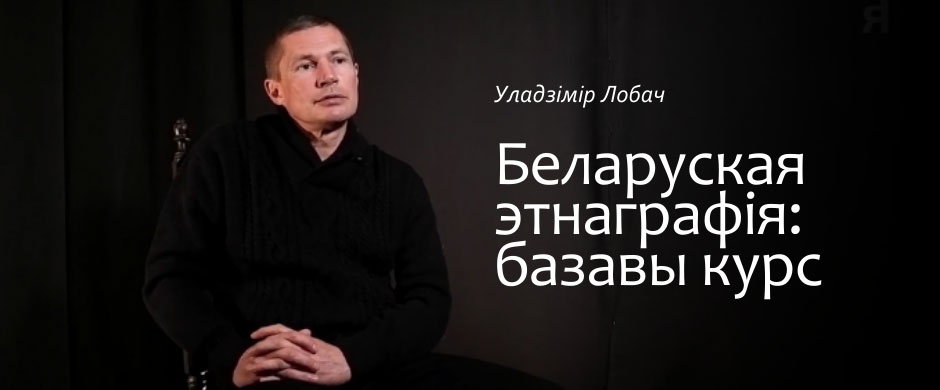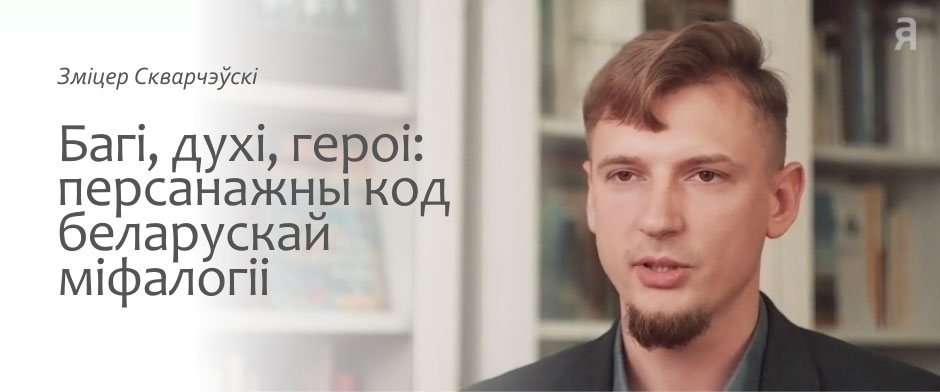2014 - Anastasiya Niakrasava: Belarusian Traditional Culture in the Legacy of Oskar Kolberg. W: „Musicology Today”, Vol. 11. Institute of Musicology, University of Warsaw, s. 31–39
Поўная назва (для бібліяграфій)
Аўтар(ы)
Звязаныя персаналіі
Звязаныя калектывы
Гады публікацыі
Карта
Звязаныя лакацыі
- г. Віцебск, Віцебская вобласць, Беларусь
- г. Мінск [Менск], Мінская вобласць, Беларусь
- г. Гродна [Гародня; Горадня], Гродзенская вобласць, Беларусь
- г. Ліда, Лідскі раён, Гродзенская вобласць, Беларусь
- г. Слонім, Слонімскі раён, Гродзенская вобласць, Беларусь
- г. Смаленск, Смаленская вобласць, Расія
- г. Мазыр, Мазырскі раён, Гомельская вобласць, Беларусь
- г. Магілёў, Магілёўская вобласць, Беларусь
- г. Полацк [Полацак], Полацкі раён, Віцебская вобласць, Беларусь
- г. Верхнядзвінск, Верхнядзвінскі раён, Віцебская вобласць, Беларусь
- г. Вільня, Вільнюскі павет, Літва
- г. Нясвіж [Несвіж], Нясвіжскі раён, Мінская вобласць, Беларусь
- гп Сураж, Віцебскі раён, Віцебская вобласць, Беларусь
- г. Велиж, Велижский район, Смаленская вобласць, Расія
- Віцебская вобласць, Беларусь
- Беларусь
- Гродзенская вобласць, Беларусь
- Лідскі раён, Гродзенская вобласць, Беларусь
- Слонімскі раён, Гродзенская вобласць, Беларусь
- Смаленская вобласць, Расія
- Расія
- Мазырскі раён, Гомельская вобласць, Беларусь
- Гомельская вобласць, Беларусь
- Магілёўская вобласць, Беларусь
- Полацкі раён, Віцебская вобласць, Беларусь
- Верхнядзвінскі раён, Віцебская вобласць, Беларусь
- Літва
- Нясвіжскі раён, Мінская вобласць, Беларусь
- Мінская вобласць, Беларусь
- Віцебскі раён, Віцебская вобласць, Беларусь
- Велижский район, Смаленская вобласць, Расія
Анатацыя
The article examines the subject of Belarusian musical and ethnographic materials collected by Oskar Kolberg. The materials on Belarusian folk culture, which were collected by the researcher throughout his whole life, were published almost 80 years after his death in Volume 52 Belarus–Polesie, while some of them are also to be found in Volume 53 Lithuania. Thus, the geography of these materials extends far beyond the borders of contemporary Belarus. However, individual regions of the country are not equally represented. Using the works of his predecessors, Kolberg compiled information about the culture and ethnography of Belarus and supplemented it with his own research. The author of this article divides the materials used to compile Volume 52 into two unequal groups: publications of other authors and the personal field notes of Kolberg (together with the materials sent to him by correspondents). The latter group, which constitutes more than a quarter of all the materials and is essential for assessing the Belarusian achievements of the Polish ethnographer, has been analysed in the article. The abundance of Kolberg’s own transcriptions of music in the volume makes his work into one of the key sources in 19th-century Belarusian musical historiography The author also puts forward a hypothesis concerning the Belarusian beginnings of Kolberg’s entire collecting activity.


Каментароў — 0
Маеце пытанне ці заўвагу? Напішыце ў каментары. Звяртаем увагу, што каментары са спасылкамі і ад неаўтарызаваных аўтараў прэмадэруюцца.